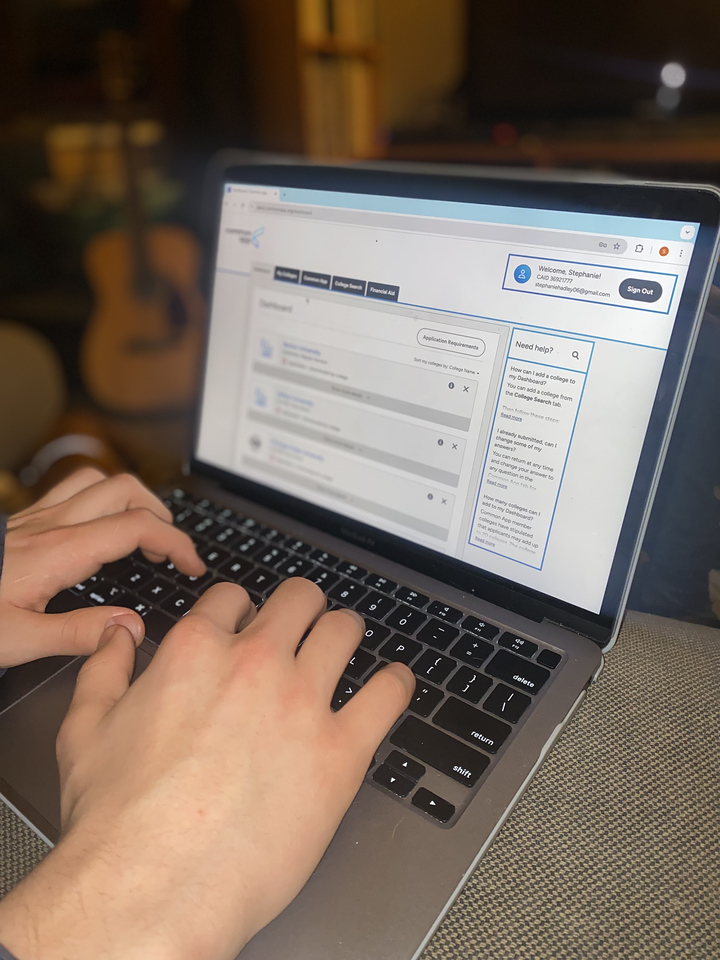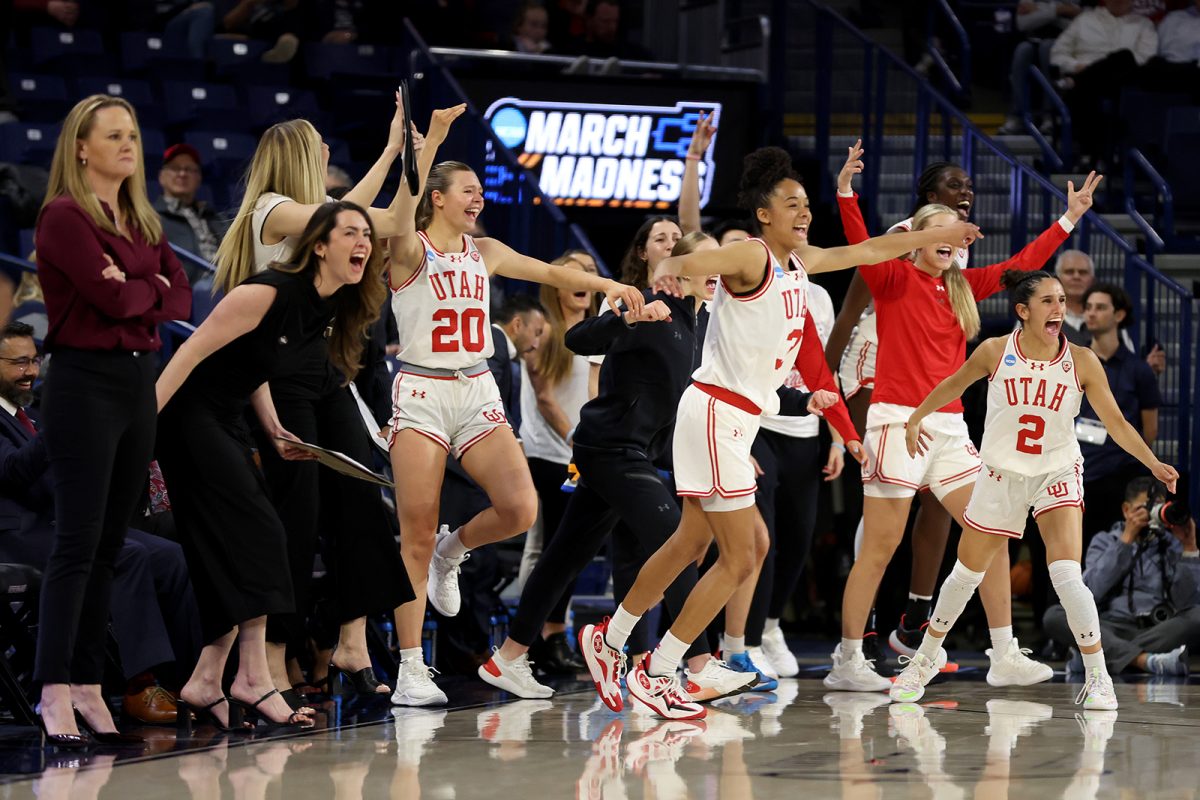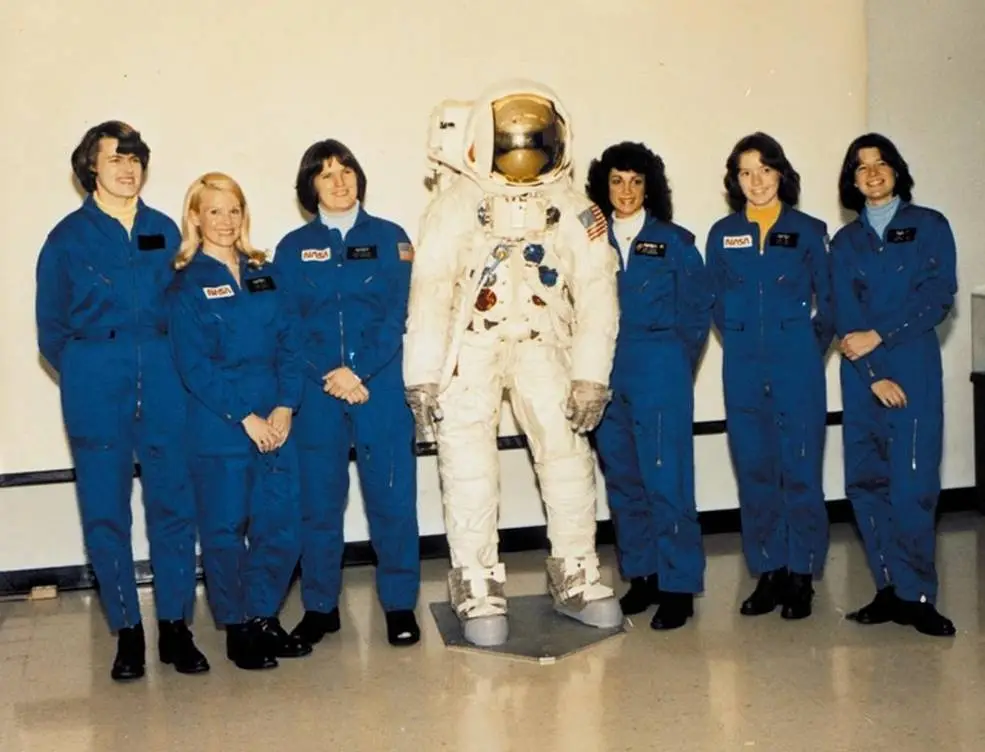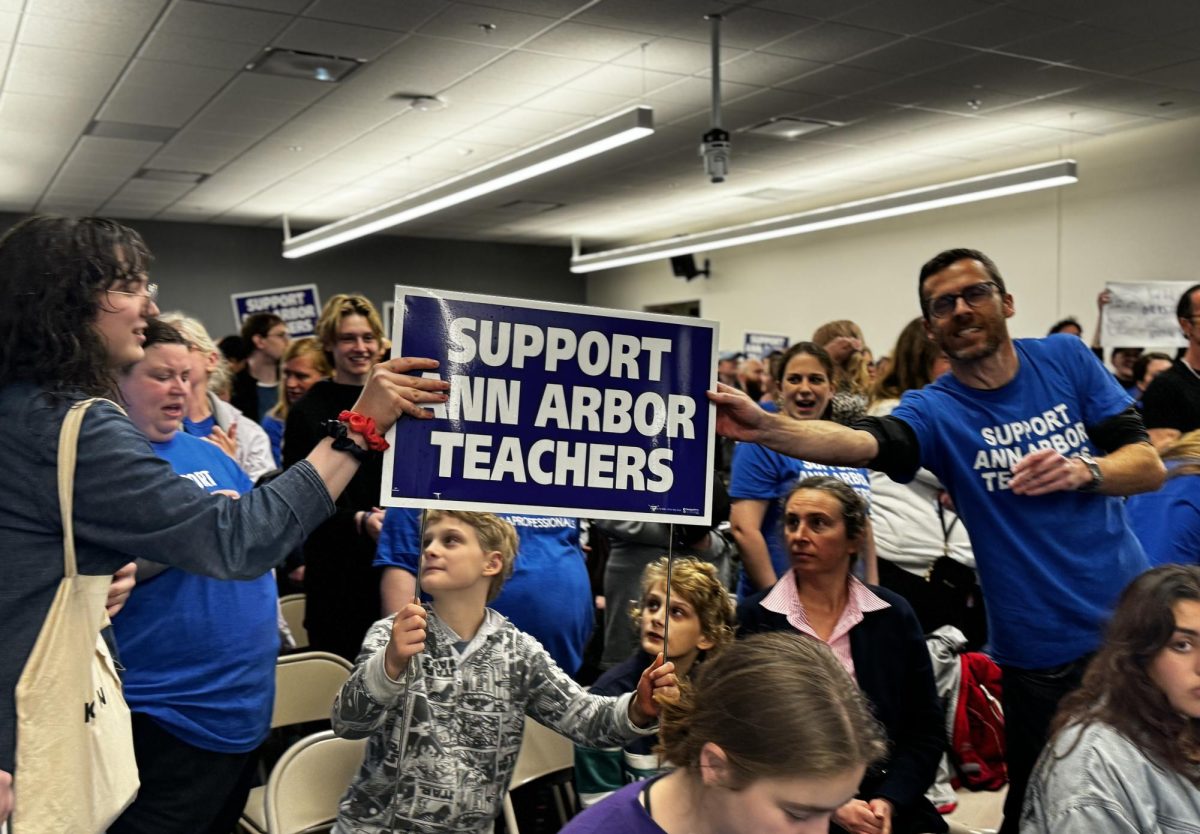Alternative diets are popping up everywhere, and there is an overwhelming list of restrictions – meat, eggs, dairy, and fish are the most apparent.

Each individual has their own motivations for why they take up an alternative diet. “My conscious influence was watching documentaries and my sub-conscious influence was my girlfriend being vegetarian,” says Nikolas Solem, a Community High School junior. Colleen Chavis, a CHS junior, was similarly influenced.
Chavis discovered a video showing animal slaughter in the meat industry. “They were shooting cows in the head with nail guns”. This traumatic image was what drove Chavis to become a pescatarian, someone who is a vegetarian with the exception of eating fish.

Solem, Chavis, and Kotov are all pescatarians.
Other people’s diets are influenced by environmental implications. J Bennett, a home-schooled senior, leaves fish out of his diet. His reasoning includes health concerns and commercial fishing’s damaging effects to the food chain. “I think it’s unfair to the animals, they are basically victims of the fishing industry,” says Bennett. As to what he calls this diet, he is uncertain.“[There is] no name for it, other than I don’t eat fish.” Bennett eats other meat because “usually beef doesn’t have high concentrations of mercury in it.”
For Shivani Pandya, a CHS junior and lifetime vegetarian, her culture is the cause for her diet. “If you’re Hindu, you’re not really supposed to eat meat,” states Pandya. “I think it is just because we see animals as sacred – not just cows, as everyone thinks – but all of them. Cows are just more famous because they’re cool.”
Not everyone has a positive view on specialty diets. “I think I see some self-consciousness in it,” says CHS junior Erik Loucks, talking about how he sees vegetarianism as an outlet for “fitness freaks and health Nazis.” As for a pescatarian diet, some people have opposing views. “I hate the whole idea of pescatarianism, because a fish is not a plant. You’re still a carnivore,” says Pandya. Bennett agrees, “It’s good that you’re a vegetarian, I commend you for that, but eating fish kinda defeats the point.”
![DSC_0096edit As to what he calls this diet, he is uncertain, “[there is] no name for it other than I don’t eat fish.”](https://the-communicator.org/wp-content/uploads/2009/10/DSC_0096edit-300x213.gif)
It can be difficult to stick to the choices they have made. “Sometimes I’m like ‘I want that’, and then I realize what it is,” Chavis says about her friends’ omnivorous food. Though the limitations can be tough at times, they still hold on to their dietary choice. Solem says, “Now that the meat is gone, I can actually taste the flavor of the rest of the food and appreciate that.”



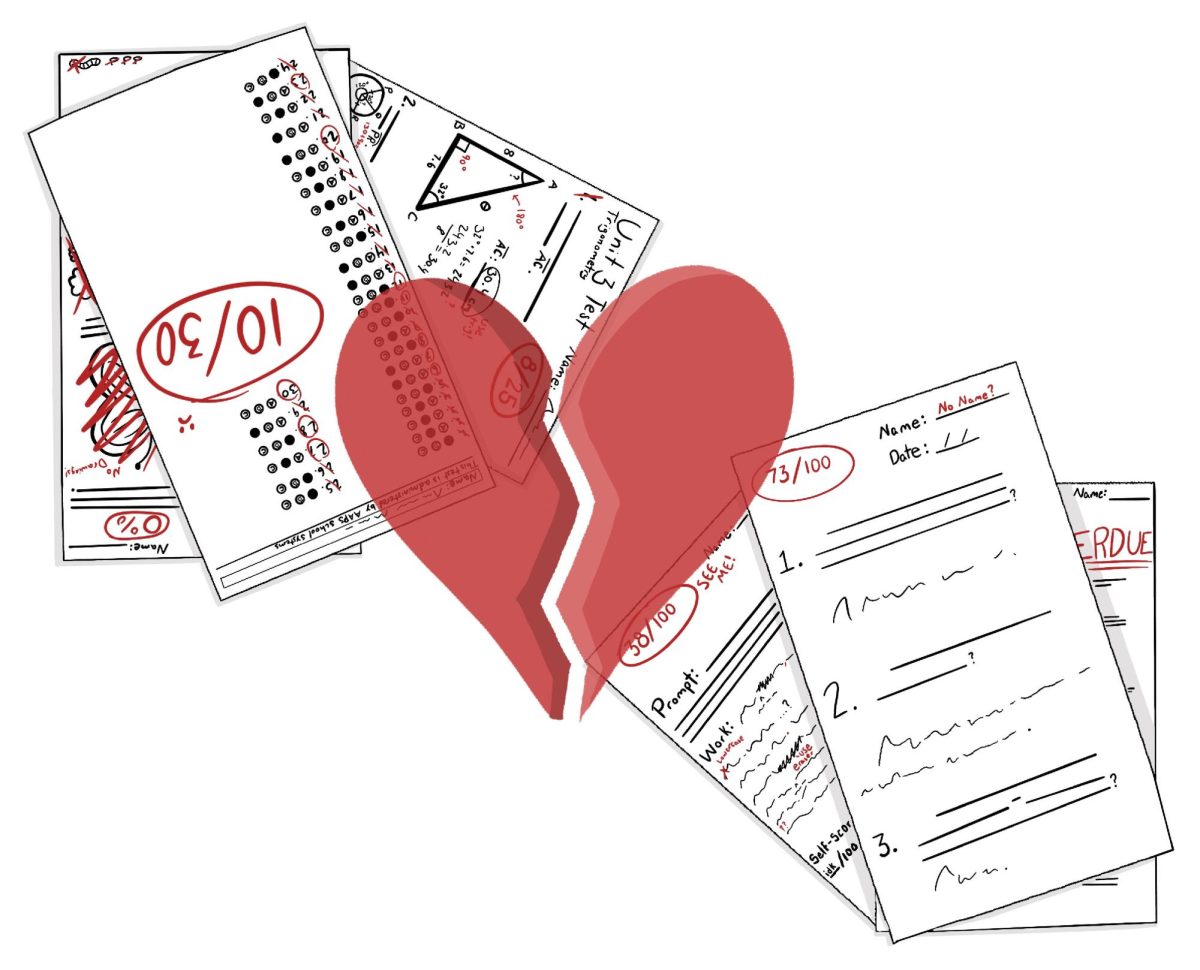

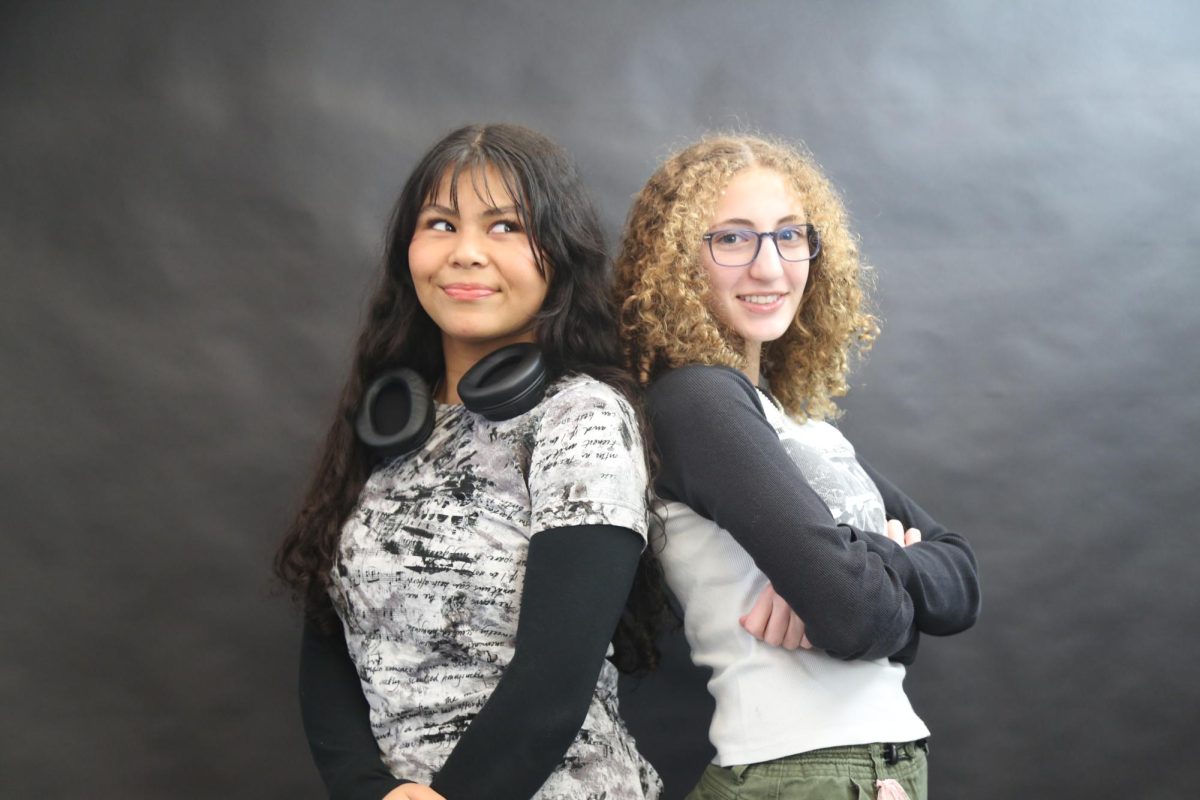
![During a CET rehearsal of the number “A Call to Pierre,” various members in the ensemble, including Maggie Williams, hold up titan tubes. Various people in the ensemble held titan tubes during some numbers in the show, and did basic choreography with them, using the lighting for emphasis. “[Having titan tubes] is a super cool addition to the show,” Williams said.](https://chscommunicator.com/wp-content/uploads/2024/04/67FXGPwwRSi7VlvWUvKuzOOZ2VN2lueTvbEBAWRQ-1200x963.jpg)

